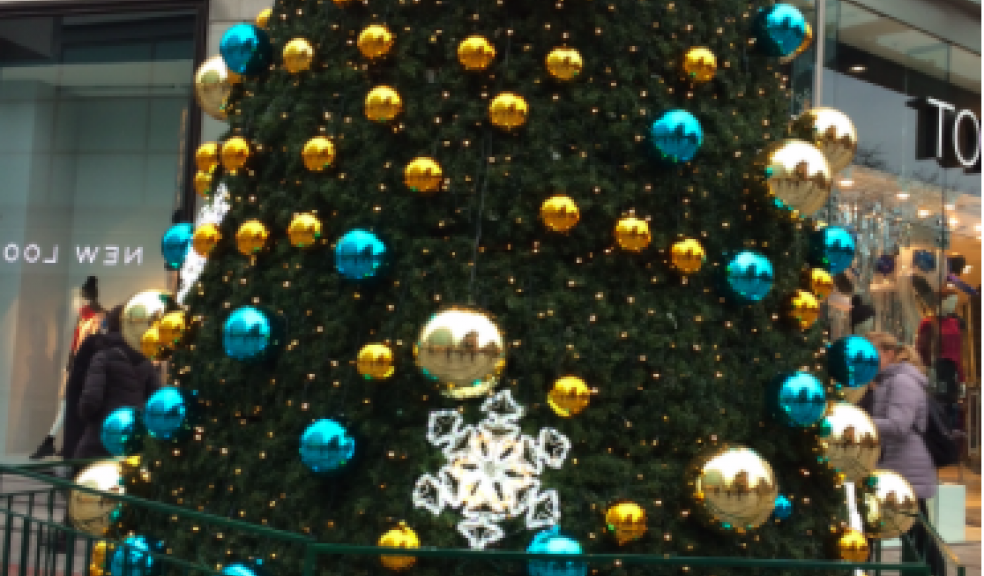
Christmas - choices of consumerism or compassion?
Maybe Christmas in today’s world really highlights our personal and social choices and priorities, especially when it comes to human well-being and fulfilment.
Our 24/7 excessively commercial world screams at us without respite through constant images and messages, and especially at this time of the year:
You will find happiness in the (oil-derived) plastic glitter and glitz!
Only buy more, eat more and drink more, and your festive holiday will satisfy your every need!
No matter the cost, you will be what you consume and through it achieve personal satisfaction.
Ask no questions, seek no solutions, just be entranced and buy…
This gross materialistic hedonism stands in stark contrast to most of our spiritual traditions, which invite us to experience and relate to the non-measurable aspects of life. Depending on one’s perspective, this could be through art, nature or music, acts of justice or kindness, poetry or literature or, for some, through sacred space, ritual and worship. The contrast is particularly between the quantity of our possessions, novelties and stimuli that keep us entertained and the quality of our deeper relationships and interaction with others.
The consumerist Christmas tells us that we are valued by what we have, therefore we need to accumulate more and more. The compassionate Christmas tells us that affirmation and value rests in who we are. In the words of the late psychologist Erich Fromm, “we are because we are loved” and in spite of the brokenness of the world, there is hope because there is love; even more - there is love for all.
For reflective Christians, Christmas is centred on the inter-connection between the human and the divine. Its central message is that the transcendent is embedded in and through the Earth, and we are therefore called to engage in acts of love and generosity in the face of fear and trepidation.
In the face of dark uncertainties, nomadic peasants and shepherds and their land-centred lifestyle offer signs of hope whilst the king from his mighty palace puts up walls and slaughters the future.
The Christmas story suggests that it is in times of uncertainty and vulnerability that we find moments to give birth to our deeper humanity. And in finding our more profound selves, our relations with others become more shaped by love than by trivialities.
So this Advent and Christmas, may we challenge the superficiality of the tat and trash that surrounds us. Its environmental footprint is enormous. Its footprint on our psyches perhaps even more damaging. Let’s turn our back on the glittering tinsel, and focus on what we really care about. Maybe we can impress our families and friends less with the presents we buy them, and more with the presence we give them.
This article first appeared in Devon Green Churches News, December 2016




















